'Take Care of Maya': Emotional letter revealed in alleged child abuse case that drove mother to suicide
The Kowalski family saga was profiled in popular docuseries now central to $200M lawsuit against Johns Hopkins All Children's
Maya Kowalski takes the stand in lawsuit against Johns Hopkins All Children's Hospital
Maya Kowalski, the woman at the center of the "Take Care of Maya" documentary, took the stand Tuesday in her family's lawsuit against Johns Hopkin's All Children's Hospital.
This story discusses suicide. If you or someone you know is having thoughts of suicide, please contact the Suicide & Crisis Lifeline at 988 or 1-800-273-TALK (8255).
Maya Kowalski, the woman at the center of a documentary called "Take Care of Maya," testified Tuesday in her family's $200 million lawsuit against a Florida children's hospital, sharing a letter she wrote to her family while she was hospitalized.
Kowalski was 10 years old in 2016 when she was admitted to Johns Hopkins All Children's Hospital (JHAC) in St. Petersburg, Florida, for severe pain. A court order then removed her from the custody of her parents after staff accused them of "medical abuse."
"At the time, I desperately missed my family. I wasn't allowed to really have any contact with them. So, in this document, I'm expressing how much I missed them. I was very depressed," Kowalski said before a Sarasota County courtroom during her trial while the jury was not present.
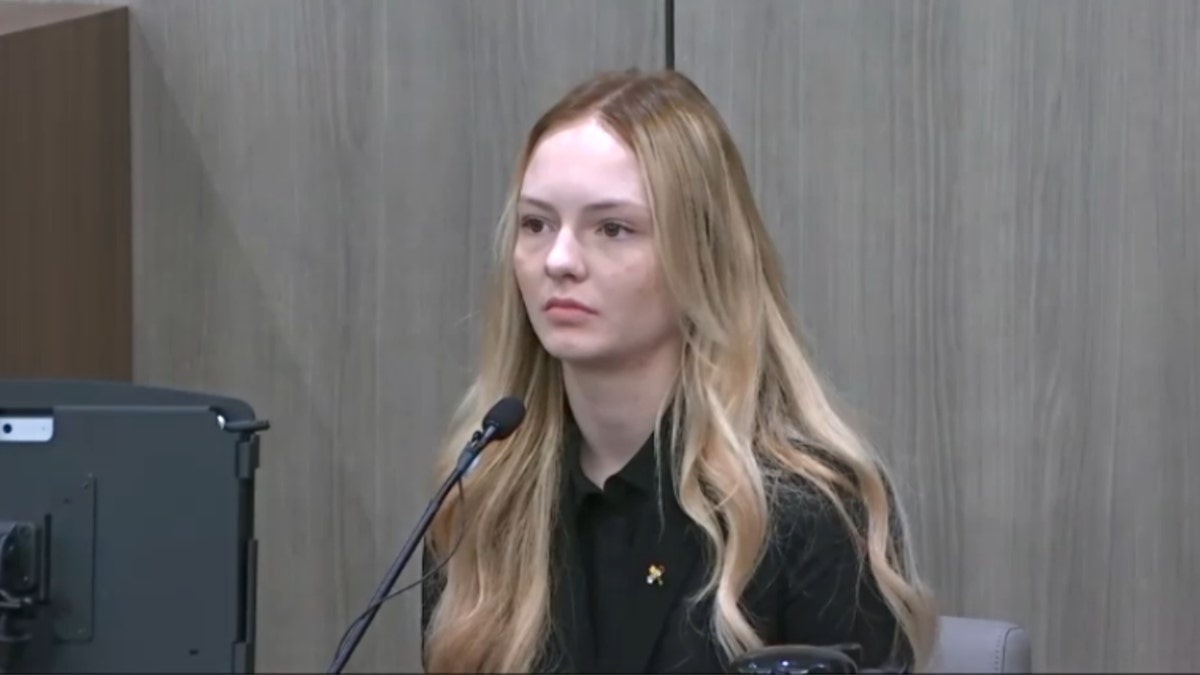
The letter was presented in court Tuesday to determine whether it should be admitted as evidence in the trial.
Kowlaki's mother, Beata Kowalski, hung herself in her garage on January 2016 "to free her daughter" after going months without seeing her due to the medical abuse allegations that removed Maya from the custody of her family, according to the family's attorney, Greg Anderson.
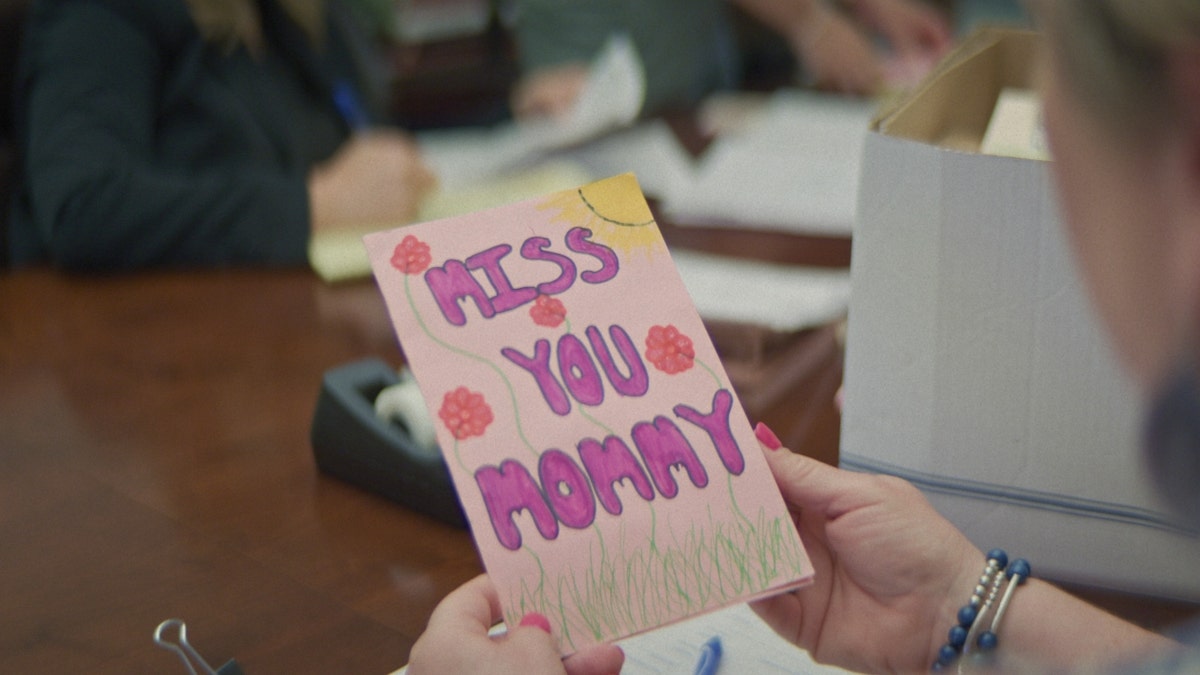
Maya has a rare, chronic neurological condition called complex regional pain syndrome (CRPS) – a poorly understood affliction that causes severe pain throughout a person's body due to nervous system dysfunction, according to the Cleveland Clinic.
She was initially diagnosed with CRPS at age nine and began receiving doses of ketamine to help dull her pain. The treatment worked for a while, until she relapsed at age 10 in 2016, when she was admitted to JHAC.
Kowalski's pediatrician, Dr. John Wassenaar, testified Tuesday before a jury about the letter, which Beata gave to him. Wassenaar kept the letter as part of his medical notes in Maya's case.
"I thought it underscored that she wasn’t being abused. People weren’t doing things to her that put her in pain," Wassenaar said when asked about the letter. "It underscored to me how much she loved her parents and how much she wanted to be reunited with them."
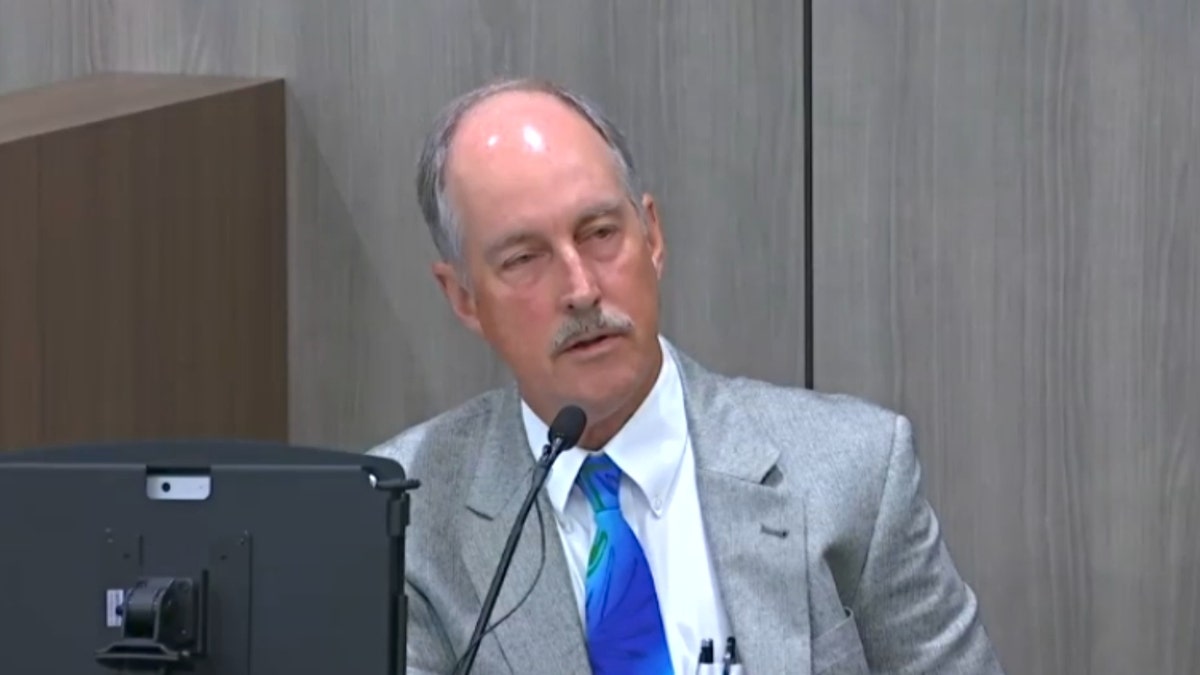
He also testified that he did not think Beata ever exhibited signs of being abusive toward her children when he was caring for Maya.
Wassenaar described CRPS as "rare," saying he had not seen it in children before.
Boston Children's Hospital says on its website that the condition "appears to be more common in girls and is most likely to affect the lower extremities, such as the feet," which is one of the symptoms Maya experienced when she was diagnosed.
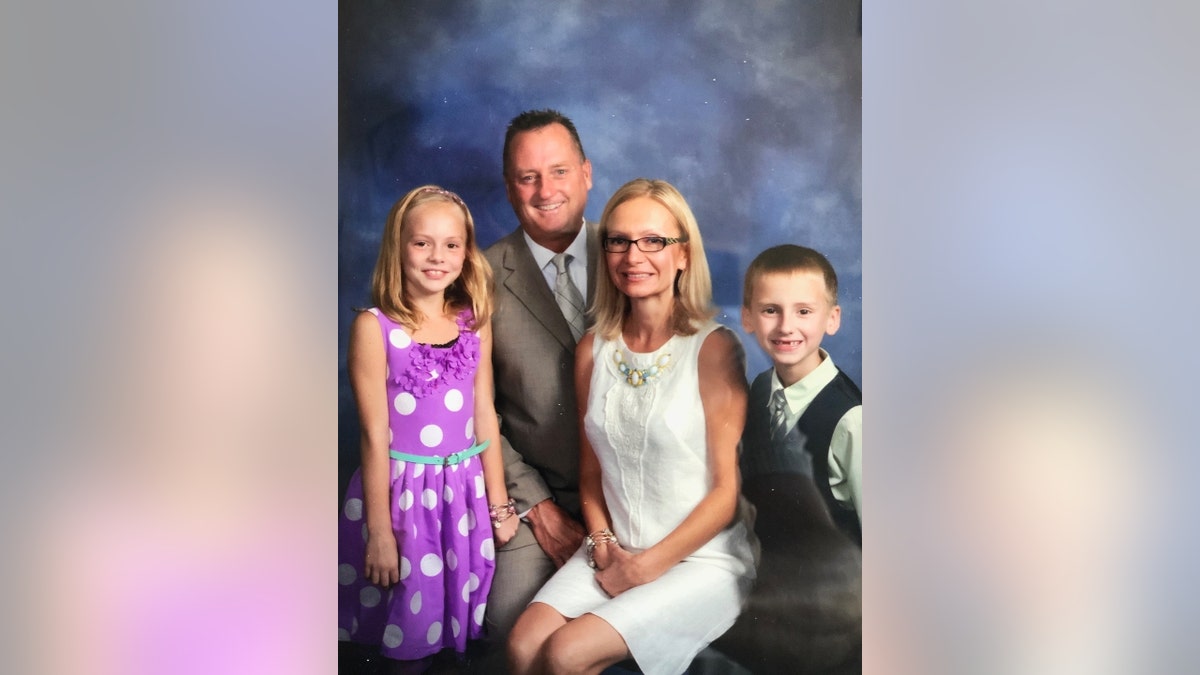
Maya's father sued JHAC and medical personnel assigned to his daughter's treatment in 2018, alleging the hospital had falsely accused Beata of medically abusing Maya and failing to properly care for his daughter, causing his family emotional distress.
The Kowalski family is alleging that Dr. Sally Smith, medical director of the Pinellas County child protection team, intervened in Maya's case and accused Beata of exhibiting signs of "Munchausen by proxy" and medically abusing her daughter – an accusation by which JHAC still stands after a Sarasota County court determined that staff had reasonable cause to suspect abuse.
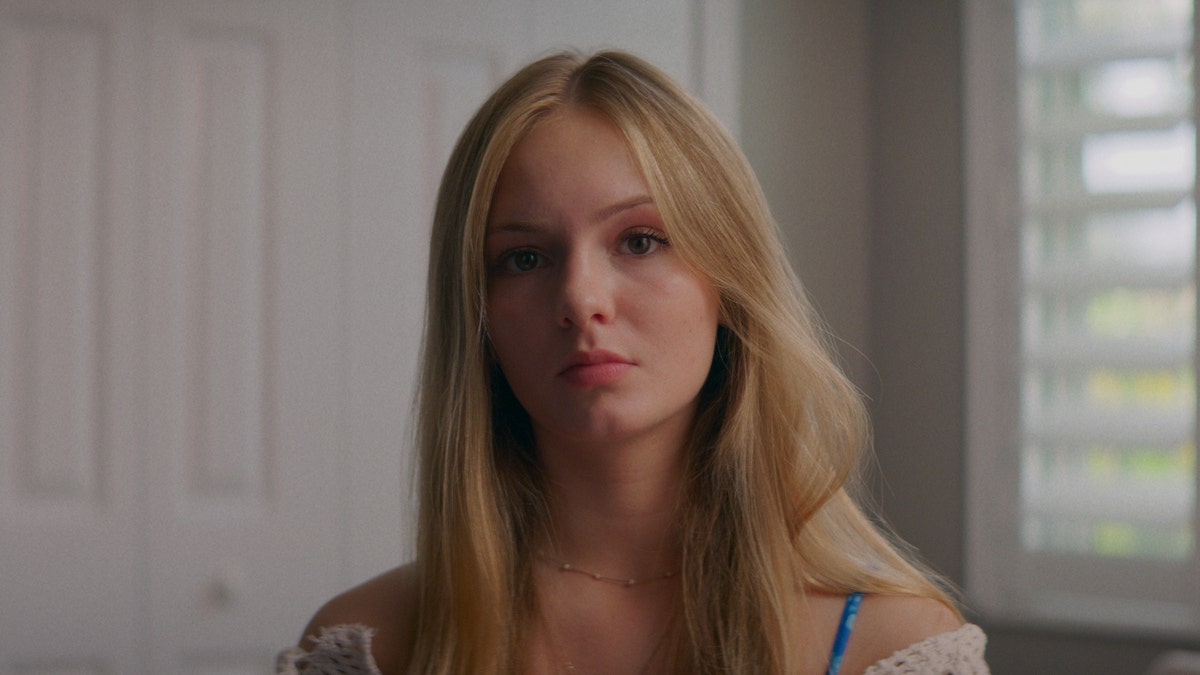
Munchausen by proxy is a psychological disorder in which an abusive parent or caretaker makes up or causes an illness for a person in their care who is not actually ill. People affected by the disorder seek attention and sympathy, according to the Cleveland Clinic.
Doctors called the Florida Department of Children and Families (DCF) to report their suspicions of medical abuse, and Maya was put into the custody of child protective services.
JHAC previously told Fox News Digital in a statement that the hospital's priority is "always the safety and privacy" of its "patients and their families."
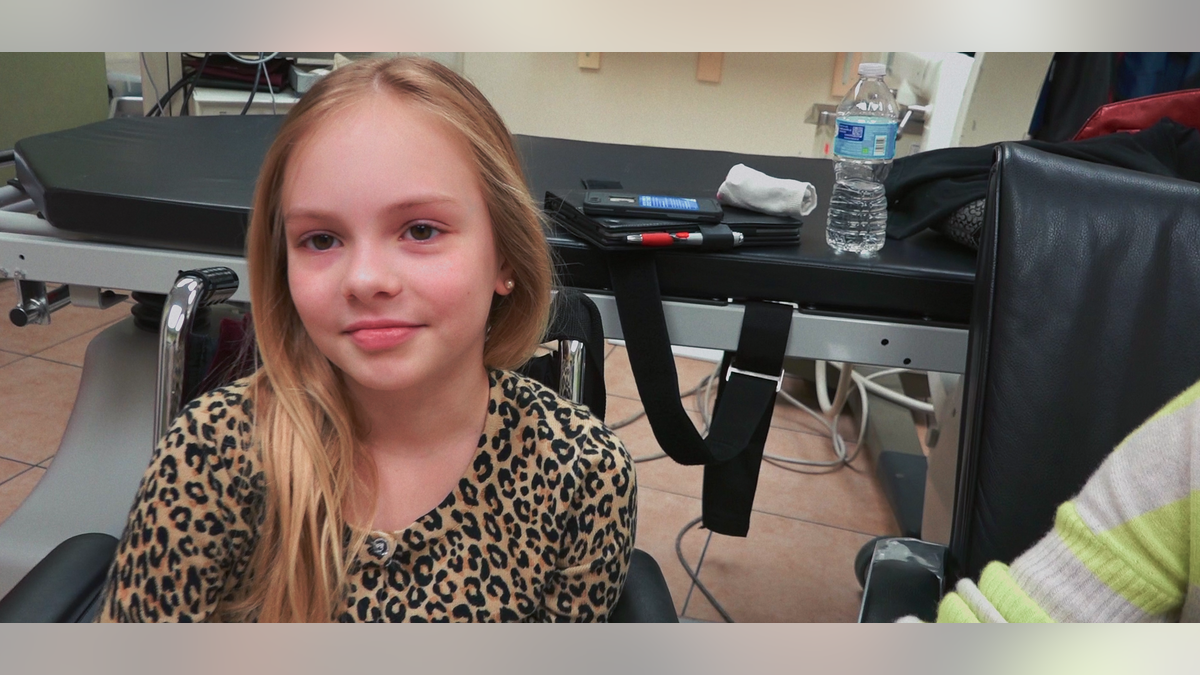
"Therefore, we follow federal privacy laws that limit the amount of information we can release regarding any particular case. Our first responsibility is always to the child brought to us for care, and we are legally obligated to notify [DCF] when we detect signs of possible abuse or neglect," the hospital said. "It is DCF that investigates the situation and makes the ultimate decision about what course of action is in the best interest of the child."
A motion to obtain immunity from the hospital states that Beata Kowalski once said Maya was in so much pain that she "wants to go to heaven." Another time, Beata allegedly said she "may as well consult hospice so she can finally get enough medication and just let her die because she doesn't deserve to live this way," the motion states.
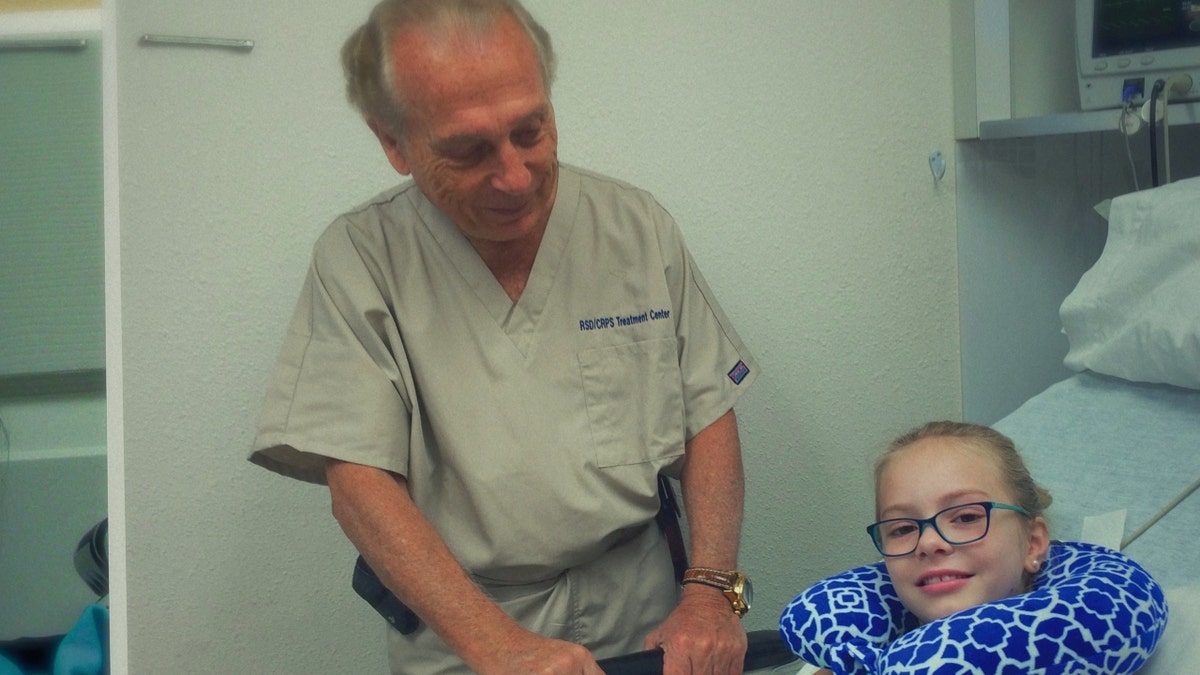
Doctors who consulted with Beata and Maya prior to her time at JHAC also accused Beata of medical abuse, according to the motion. In 2015, Dr. Elvin Mendez wrote that Maya's illness was "all being driven by the mother." Also in 2015, doctors at Lurie Children’s Hospital in Chicago flagged "abuse behavior" from Beata.
Nearly five years after the Kowalskis' civil lawsuit was filed, and seven years since Maya was initially admitted to JHAC, both sides will get to have their day in court.
"I’m also very cognizant of what a lot of families have gone through," Anderson said of other child medical abuse cases similar to Maya's. "The horror stories I’ve heard over the last four years … they’re so heartbreaking."
Audrey Conklin is a digital reporter for Fox News Digital and FOX Business. Email tips to

